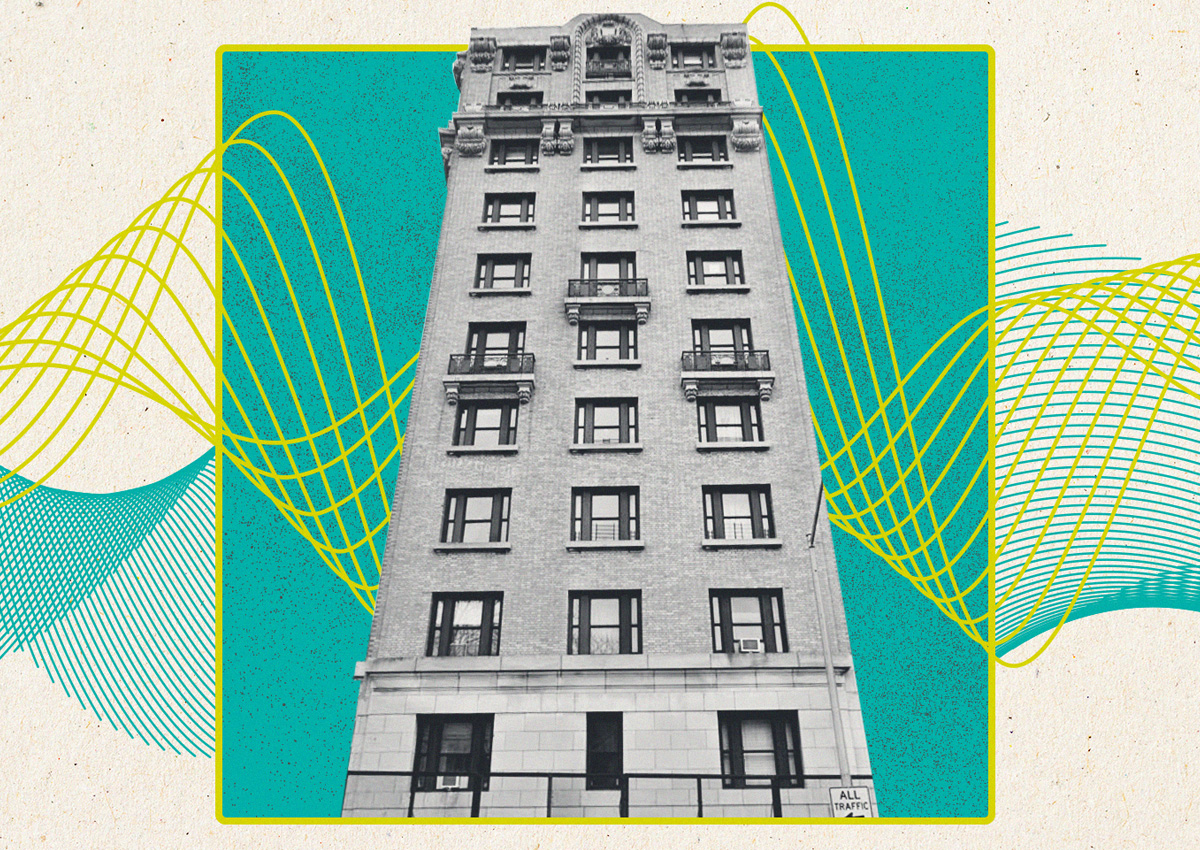The sale of 788 Riverside Drive was expected to reveal the state of a deteriorating asset class: rent-stabilized housing. Late last week, the verdict came in.
The 62-unit, Upper Manhattan property sold to Friedland Properties for $10.2 million or $126 per square foot, property records show. That was 26 percent below the asking price.
Seller Mardave Management, which has owned the almost entirely rent-stabilized property since the ‘60s, hoped to get $13.75 million or $170 per square foot, according to marketing materials released by JLL in May.
Friedland, headed by billionaire Larry Friedland, did not respond to a request for comment. Mardave could not be reached.
The discount is a sign of the times. Rent-stabilized properties in the years after the 2019 rent law capped revenues on the buildings have deteriorated in value, some by as much as 44 percent.
But the Riverside Drive listing drew 18 offers, according to Paul Smadbeck, the broker on the deal, showing rent-stabilized deals can still generate interest if the building is in decent shape and the price is right.
At $125 per square foot, Friedland nabbed the property — which JLL described as “pristine” — for 80 percent below replacement cost, meaning the expense of building something similar from scratch, the broker said.
Given the discount and the buyer’s long-term investment strategy, “this purchase makes all the sense in the world,” Smadbeck said.
Buyers of rent-stabilized buildings are betting, in part, that the highly restrictive 2019 rent law won’t last forever, even though the legislature did not set an expiration date.

There is only one reason someone is going to buy a property that is 92 percent rent-regulated.
Landlord groups have worked to roll back portions of the law in the courts and through Albany, with little success.
A suit filed by the Community Housing Improvement Program and the Rent Stabilization Association that challenged the law was rejected by the Supreme Court last month. The high court will soon consider two similar rent-control lawsuits, but it accepts only about 2 percent of cases that arrive on its doorstep.
State legislators introduced a bill last session that would allow owners to hike rents after renovating vacant units. CHIP advocated for the measure, but tenants advocates quickly persuaded some lawmakers to abandon their sponsorship of the bill.
The landlord group will push again for the bill next year, arguing that evidence is mounting that rents are too constricted for owners to renovate thousands of vacant units and to maintain rent-stabilized buildings in general.
Despite the setbacks and long odds, brokers and landlords insist that some buyers are willing to wait for change.
“There is only one reason why someone is going to buy a property that is 92 percent rent-regulated,” Smadbeck said. “They think at some point in the future the laws will become more favorable.”
Read more



